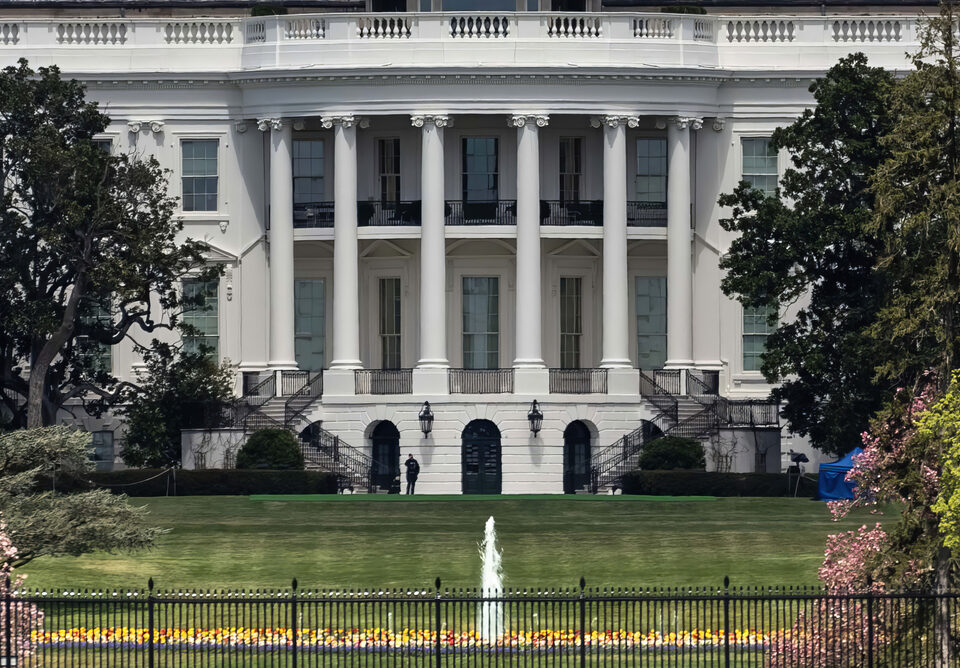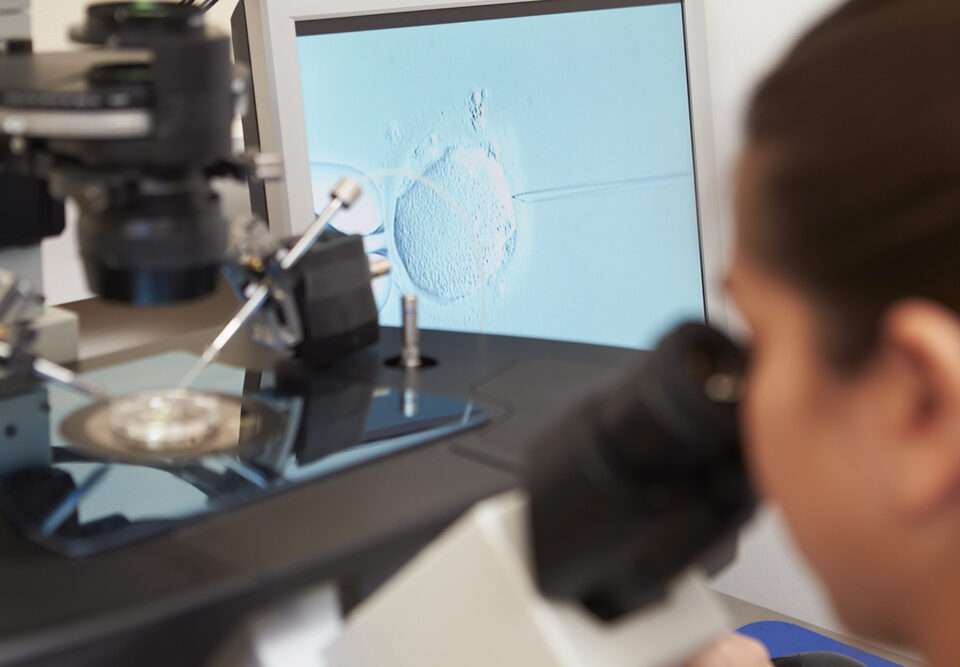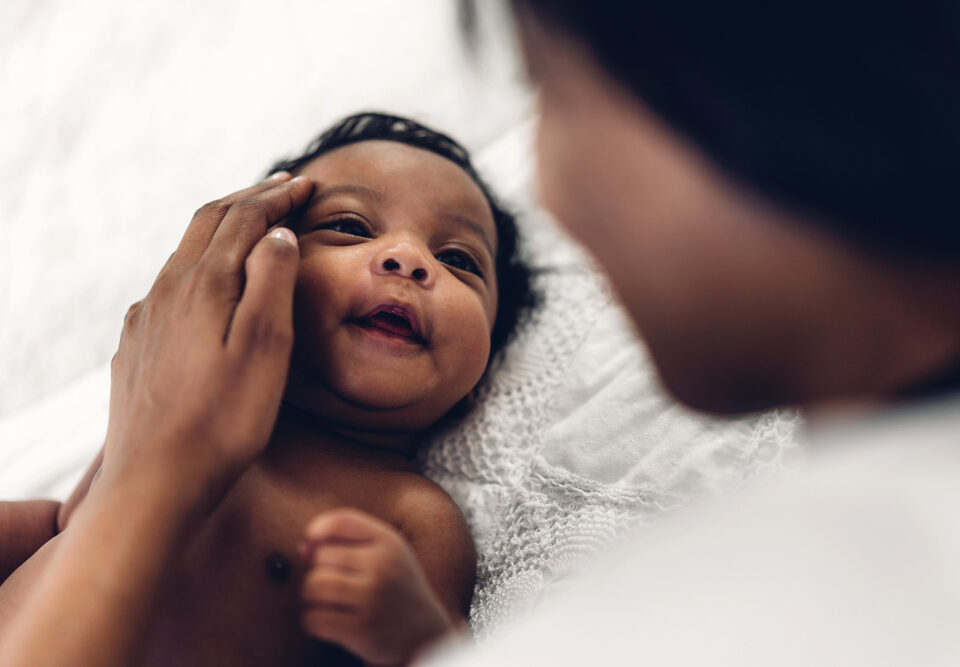The Ethics Surrounding Leftover Embryos
June 11, 2015Surrogate Mother Objects To Intended Parents Being Gay Fathers
July 2, 2015This legal battle, which turned heads months ago, intrigued many since it regarded a custody dispute over frozen embryos. However, with third-party reproduction gaining more traction in the era of the “modern family,” cases like this are becoming more common.
Nevertheless, this has been coined a “landmark case” and may have the trajectory to set precedence for future cases similar to this one.
An appellate court in Illinois ruled in favor of Karla Dunston, 43.
Five years ago, Dunston froze her embryos prior to her cancer treatments for lymphoma beginning in 2010. As a doctor, she had the foresight knowing that the treatments could render her infertile so she made a proactive choice to harvest her eggs.
At the time, her now ex-boyfriend, Jacob Szafranski, helped by donating his sperm.
A total of three embryos were cryopreserved.
While Dunston wants to proceed to build a family, Szafranski, on the other hand, tossed up legal blockades saying that this was in clear violation of his own rights “not to procreate.”
The couple broke up several months following the embryo creation, and it was at that time the ex-boyfriend did not want these embryos used.
Reporter, Elizabeth Chuck, for NBC NEWS writes, “Dunston is now in remission. Her attorney says she is not asking for money or support from Szafranski — just the ability to have kids.”
When Szafranski agreed to help, this solved an important issue, and quite frankly, hope for the future when undergoing cancer treatments.
Abram Moore, Dunston’s attorney, told NBC in a statement, “These three embryos represent Dr. Dunston’s last chance to have children that share her genetic material. Mr. Szafranski agreed to create these embryos … so that Dr. Dunston could use them to attempt to have children if she survived cancer.”
Of course, Szafranski is disheartened by the ruling. He told NBC Chicago, “I don’t think anyone should ever have their right to decide when and how they become a parent decided for them, and this is exactly what this is doing.”
In my legal opinion, the appellate court got it right. Szafranski agreed to assist Dunston whether he was a sperm donor or a parent. They discussed both options, and it looks as if he is more of a sperm donor.
The ex-boyfriend knew fully well that this could be her last chance to have biological children, and he decided to help her. Throughout this legal battle, their agreement never changed. The only thing that’s changed is Szafranski and his position. And still, it wasn’t enough to persuade the court.
Szafranski’s attorney, Brian Schroeder, informed NBC Chicago that he has intentions to appeal this case to the Illinois Supreme Court.
Chuck interviewed Susan Crockin, who teaches reproductive law at Georgetown Law Center. She described their appeals as an uphill battle.
“The court was pretty clear in finding that there was an oral contract in which Dunston said, ‘Even if we are not together, you may use the embryos’ — essentially being a sperm donor,’ she told NBC News, adding that there are probably less than two dozen cases on record concerning custody of frozen embryos.”
Sperm donors have no legal parental responsibilities or financial obligations, Chuck reported.
“The court found they agreed she could use the embryos, regardless of whether they had a relationship or he was going to be considered a donor. That’s why the outcome at both the trial and the appellate level is fairly straightforward,” Crockin told NBC.
In the article, the Sofia Vergara and Nick Loeb’s legal wrestle was briefly mentioned. Loeb wants custody of the embryos.
But these two cases are not similar. Yes, they do involve frozen embryos, but there is a crystal clear difference. As mentioned earlier, for Dunston, this was her “last chance” to have a biological child.



